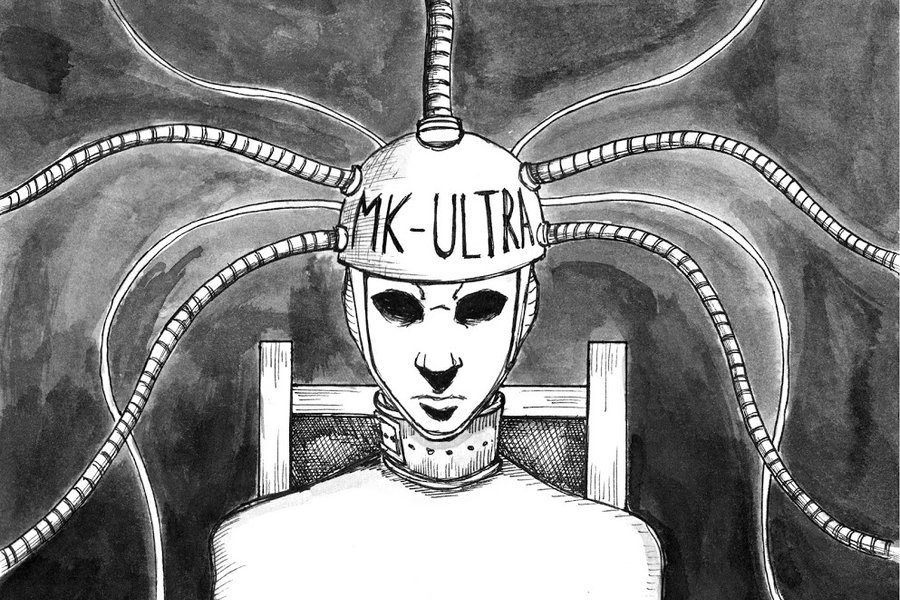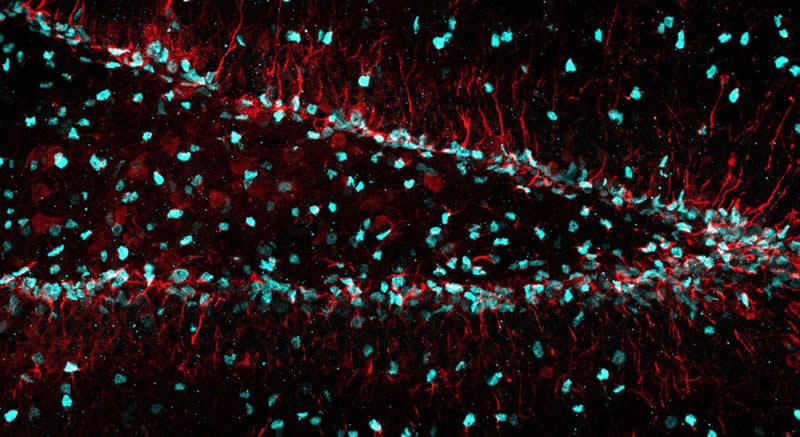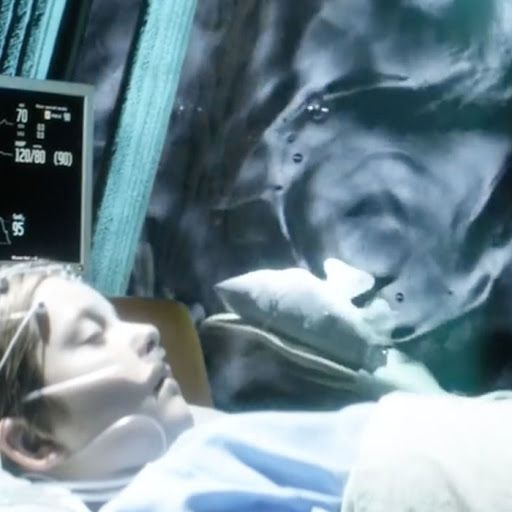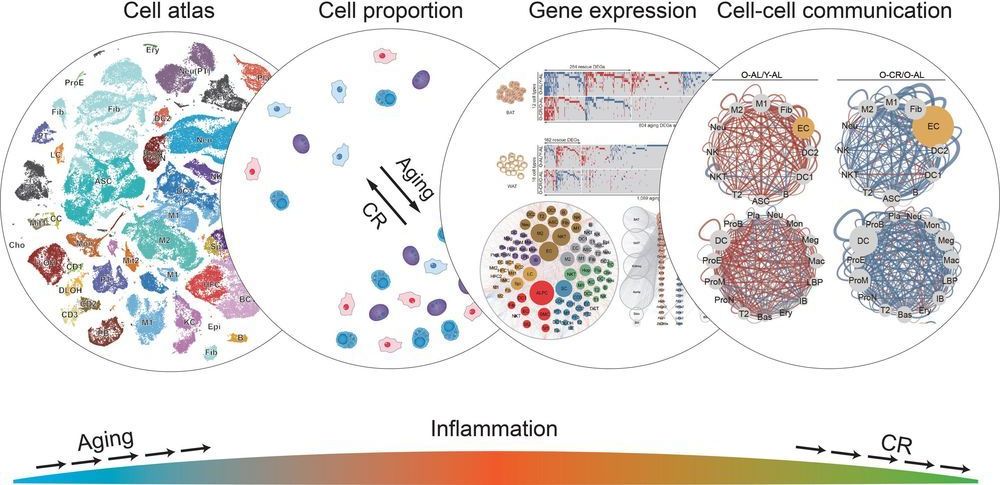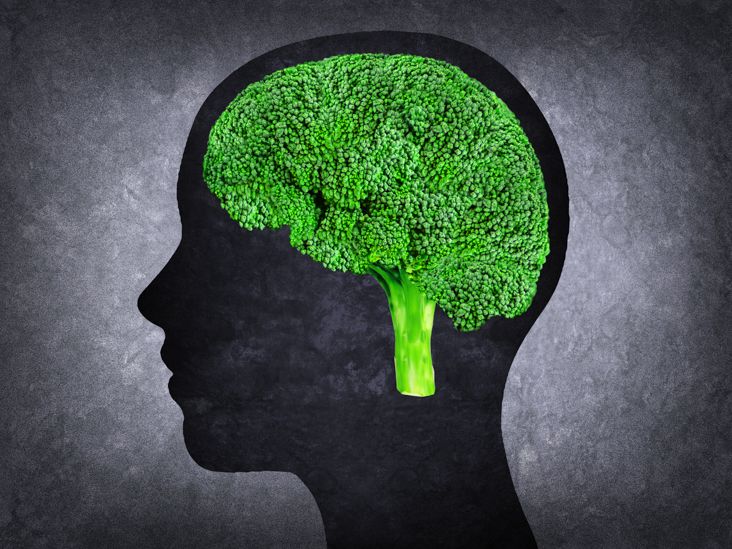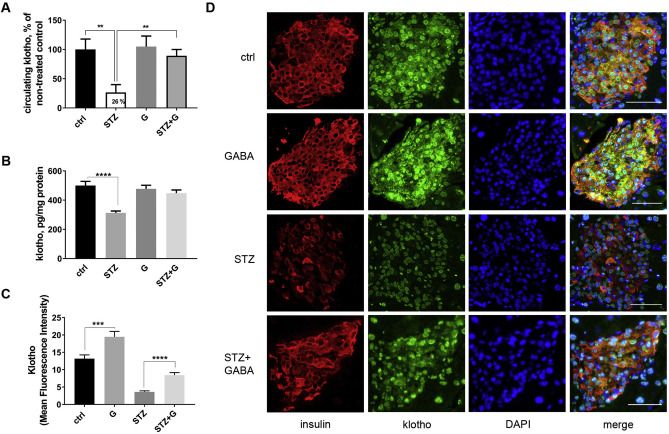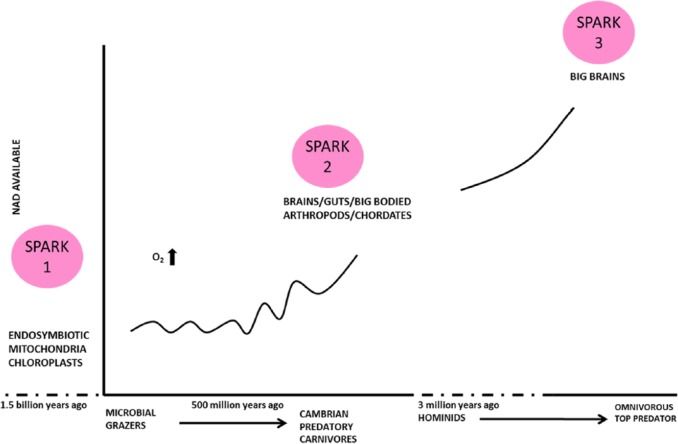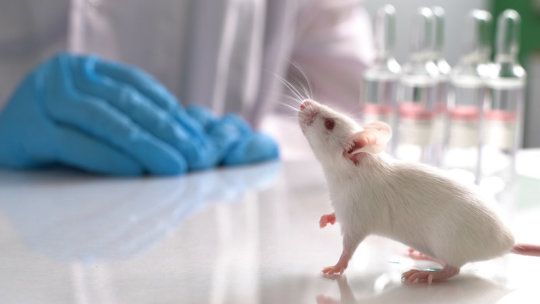Circa 2017
Hunting for meat was a critical step in all animal and human evolution. A key brain-trophic element in meat is vitamin B3 / nicotinamide. The supply of meat and nicotinamide steadily increased from the Cambrian origin of animal predators ratcheting ever larger brains. This culminated in the 3-million-year evolution of Homo sapiens and our overall demographic success. We view human evolution, recent history, and agricultural and demographic transitions in the light of meat and nicotinamide intake. A biochemical and immunological switch is highlighted that affects fertility in the ‘de novo’ tryptophan-to-kynurenine-nicotinamide ‘immune tolerance’ pathway. Longevity relates to nicotinamide adenine dinucleotide consumer pathways. High meat intake correlates with moderate fertility, high intelligence, good health, and longevity with consequent population stability, whereas low meat/high cereal intake (short of starvation) correlates with high fertility, disease, and population booms and busts. Too high a meat intake and fertility falls below replacement levels. Reducing variances in meat consumption might help stabilise population growth and improve human capital.
Keywords: Meat, nicotinamide, evolution, NAD(H), vitamin B3, Malthus, fertility, immunological tolerance, longevity.
Rich fellas …their kids die out but we keep a-comin …we’ll go on forever, Pa, cos we’re the people.
